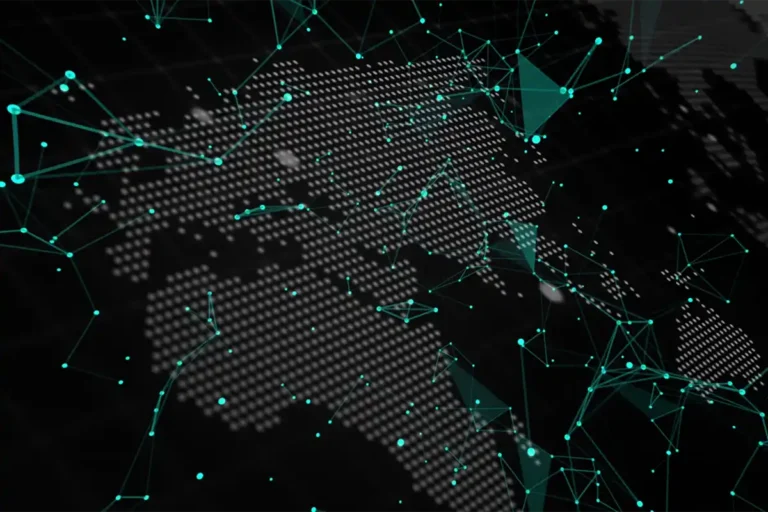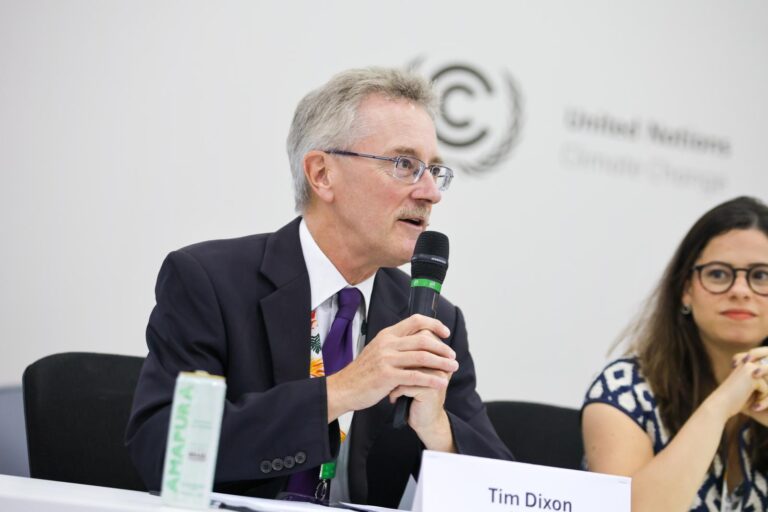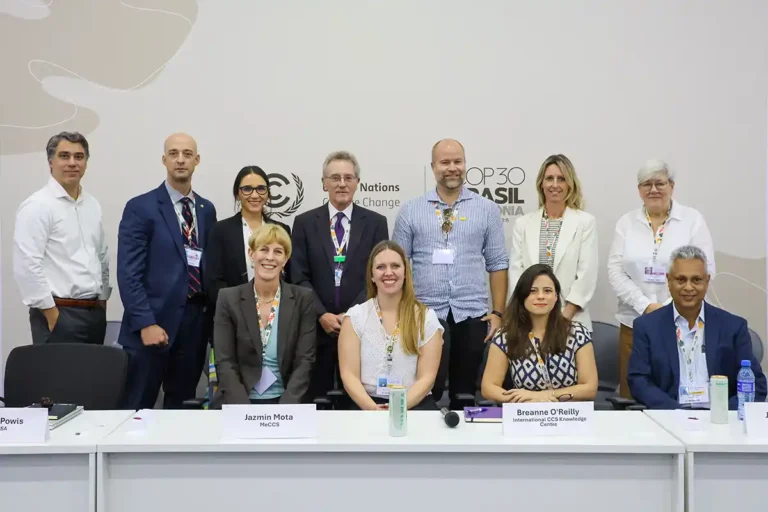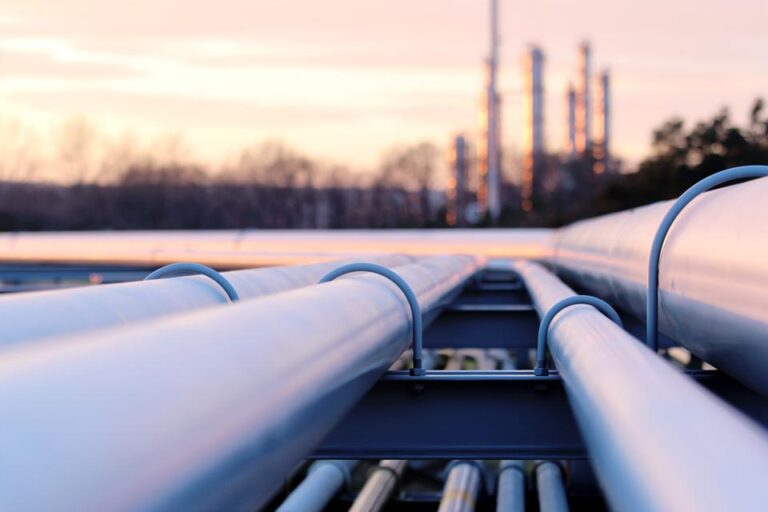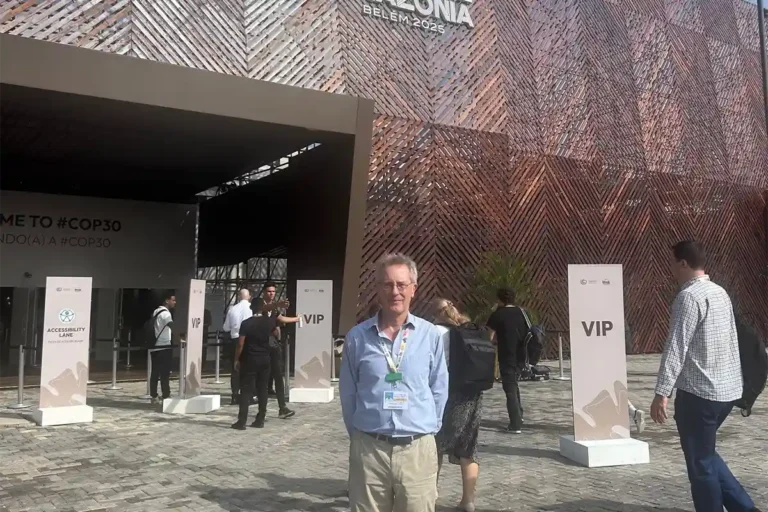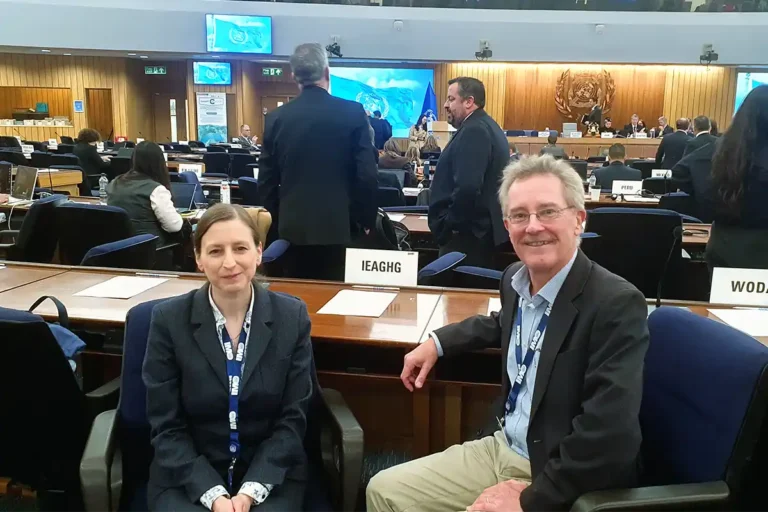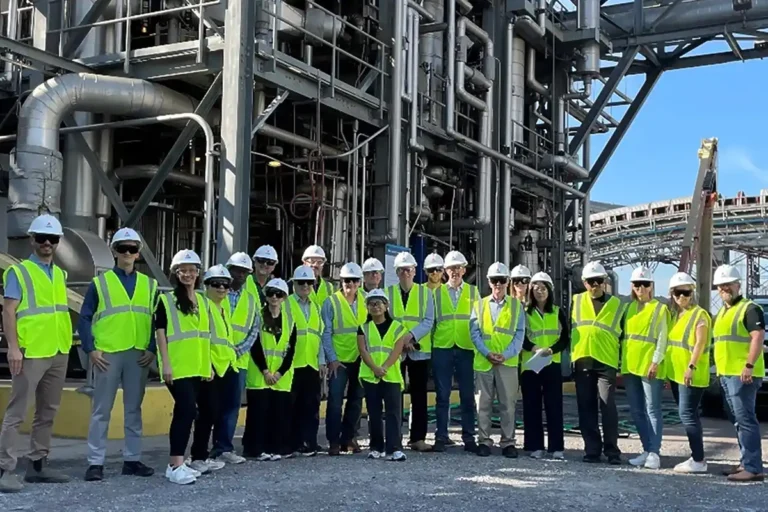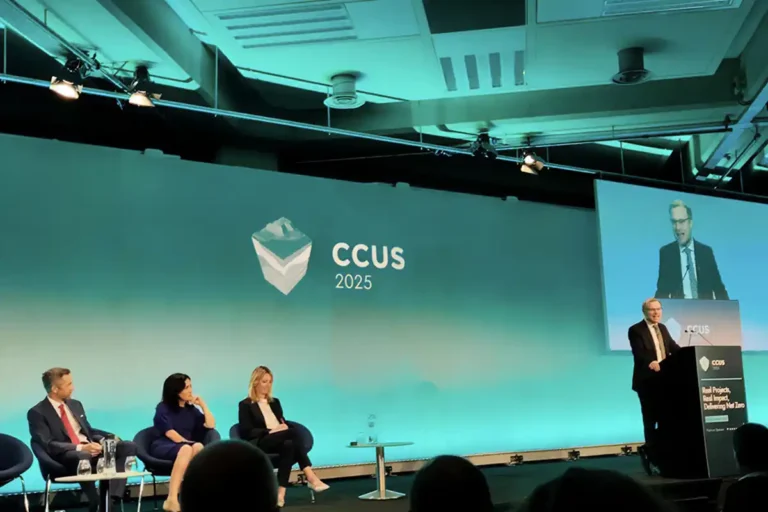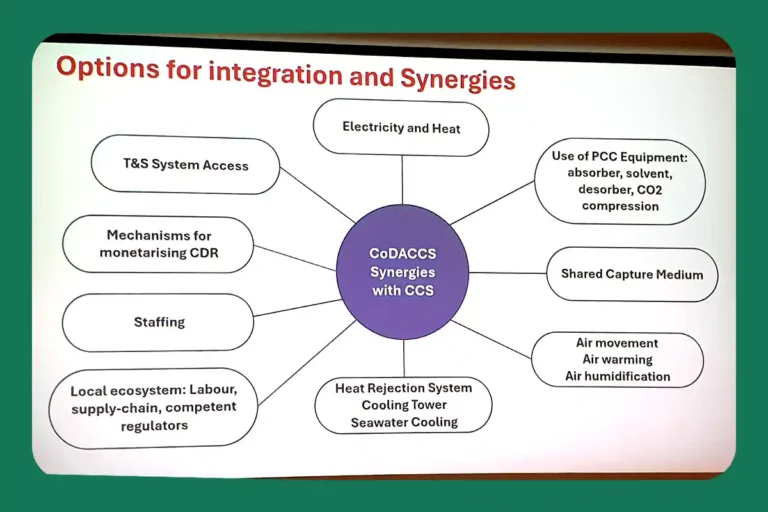
CCS Technical Workshop 2019, Tokyo
25 January 2019

A CCS Technical Workshop on the theme of risk assessment of geological storage was held in Tokyo on the 16 January. It was organised by the Geological CO2 Storage Technology Research Association (a relatively new research association) with METI, NEDO and RITE.
Introductions and scene-setting for CCS in Japan were provided by senior representatives of the various organisers – Kenji Yamaji of the Research Association, Yukihiro Kawaguchi of METI, Hideaki Tanaka of NEDO, and Toshifumi Matsuoka of Kyoto University.
Dr Ziqiu Xue of RITE provided a detailed review of the application of risk assessment on geological storage from around the world from a Japanese-relevant perspective. He drew upon monitoring data and risk assessment experiences from projects in the USA, and also from Nagaoka and Tomakomai in Japan, particularly on induced micro-seismicity in relation to the natural seismicity in Japan, and the applications of deep-focussed monitoring and of shallow-focussed monitoring.
International presentations were given by Josh White of LLNL on risk management and regulation in the USA focussing on induced seismicity, by Katherine Romanak on risk assessment and monitoring techniques and philosophies for CO2 leakage onshore and offshore, and by Bettina Goertz-Allman on micro-seismicity analysis and geomechanical interpretation drawing upon data from Decatur and In Salah projects. I was invited to give a presentation on CCS regulations and their application to projects, which was a useful exercise for me to review and update on the regulations being applied at various large-scale projects.
Dr Xue concluded with his assessment of areas needing future work for Japan. In terms of technical areas, this included up-scaling of technologies used at demonstration projects for commercialisation whilst making them more cost-effective by integration and down-scaling of the technologies applied, and developing a comprehensive approach to leakage detection and environmental assessment offshore. In terms of non-technical areas, future needs are on public acceptance using science- and risk-based communication in the perspective of long-term global warming risks, and frameworks for technology and policy support for CCS implementation.
Overall I was struck by the importance of sharing data and results from the existing storage projects, especially the US and Norwegian projects, so that researchers and project operators around the world can make their own analysis and assessments most relevant to their own national circumstances. Facilitating such sharing is of course a core activity of IEAGHG through our reports, Network meetings, workshops and conferences, and it was nice to see it happening in a different forum and from a Japanese perspective.
The workshop was well attended by over 300 CCS professionals, and presentations will be available on the RITE website.
Thank you very much to the organisers, the translators, and especially to my hosts, RITE.
Other articles you might be interested in
Get the latest CCS news and insights
Get essential news and updates from the CCS sector and the IEAGHG by email.
Can’t find what you are looking for?
Whatever you would like to know, our dedicated team of experts is here to help you. Just drop us an email and we will get back to you as soon as we can.
Contact Us NowOther articles you might be interested in
Get the latest CCS news and insights
Get essential news and updates from the CCS sector and the IEAGHG by email.
Can't find what you are looking for?
Whatever you would like to know, our dedicated team of experts is here to help you. Just drop us an email and we will get back to you as soon as we can.
Contact Us Now

